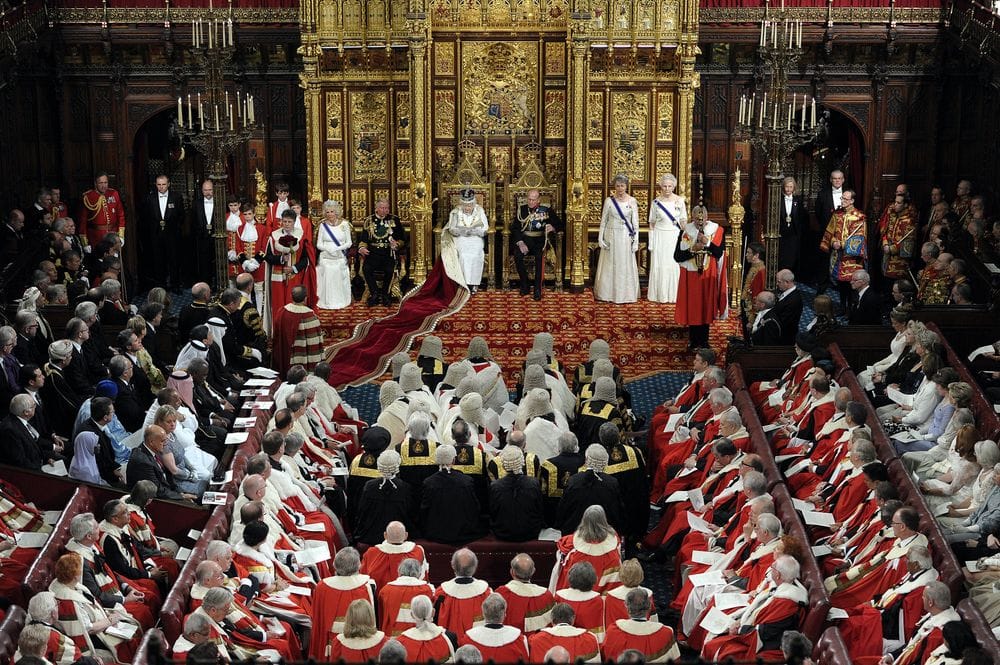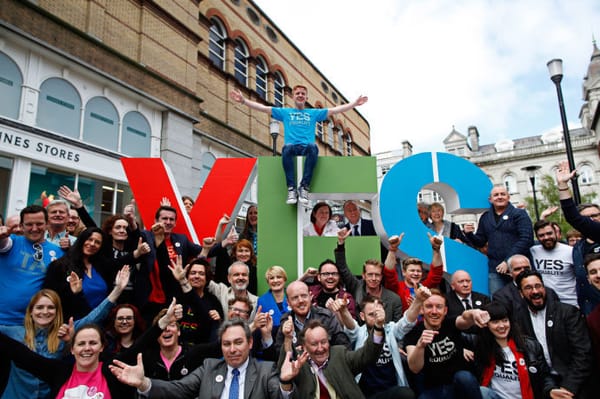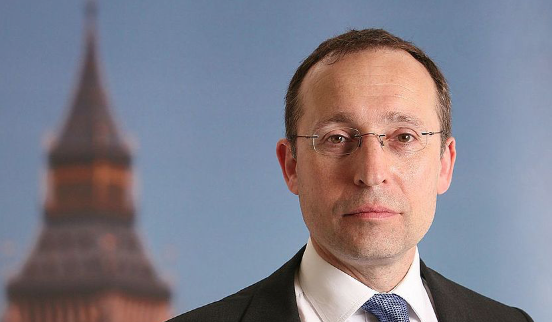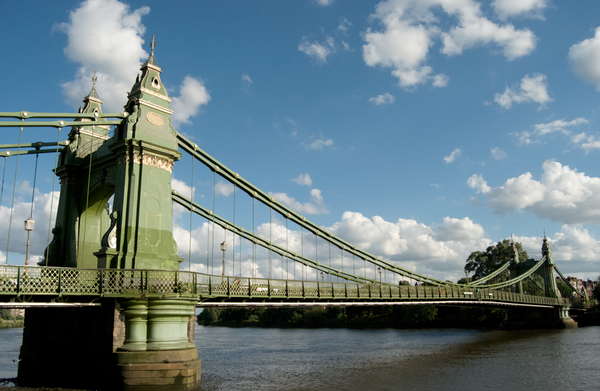Our future: as told by Her Majesty
Joshua Renken covers the Government’s Agenda

On Wednesday the 27th May, 20 days after the general election, the Queen outlined the proposed legislation of the new government.
The speech included promises that her government would guarantee an EU refrendum by the end of 2017, after a sort period of negotiation with other European nations and the current President of the European Commission Jean-Claude Juncker.
Also in the speech was a proposed piece of legislation banning any increases in income tax, VAT and national insurance over the next five years.
More devolution for Scotland, Wales and Northern Ireland have been pledged together with “English votes for English laws” in Westminster.
The speech included the establishment of a “truly seven day” NHS by 2020, and a promise to create 500 more free schools and turn failing schools into Academies.
The Conservatives want parents to receive 30 hours a week of free childcare for three to four-year olds by 2017, while freezing working age benefits, tax credits and child benefit for two years over the course of parliament from 2016/2017. In this parliament the maximum amount that one household can claim in benefits will drop from £26,000 to £23,000.
Many of these proposals were promised by the Conservatives during the election campaign, and David Cameron can now pass proposals in the House of Commons that he never could in coalition with the Liberal Democrats.
One such proposal is the plan to scrap to scrap the Human Rights Act and replace it with a “British Bill of Rights.” However, Cameron has delayed the plans to avoid potential rebellion from his backbenchers. But there is no doubting that it will be pursued.
The speech did not mention the Conservative’s plan to hold a free Commons vote on repealing the fox hunting ban, but environment secretary Liz Truss has reassured the public that it will go ahead before 2020.
This is the first Conservative Queen’s Speech in nearly two decades, and comes after an historic victory for David Cameron, who is the first British Prime Minister to be re-elected immediately after serving a full term with an increased popular vote share since 1900. 2015’s results also made Cameron the the only Prime Minister other than Margaret Thatcher to be re-elected immediately after a full term with a greater share of the seats.









